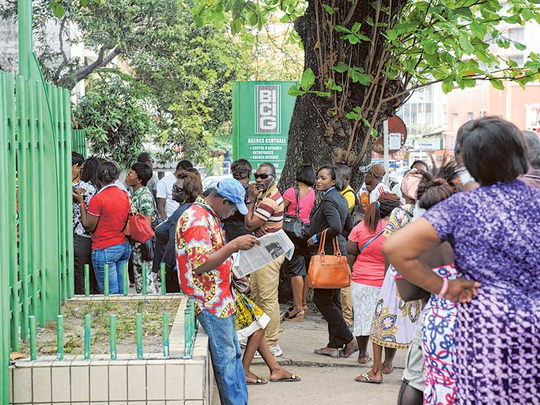
Libreville, Gabon: Gabon’s constitutional court upheld incumbent President Ali Bongo Ondimba’s victory in last month’s disputed election early on Saturday, raising fears of continued unrest as the Bongo family extended its political dynasty of nearly half a century in the oil-rich country.
The announcement read by the court’s president, Marie-Madeleine Mborantsuo, puts an end to the legal avenues available to opposition candidate Jean Ping. He had sought a recount of the votes after provisional results showed him losing by less than 2 percentage points.
The court’s final results indicated that Bongo’s margin of victory was in fact larger than previously announced — 50.66 per cent of the vote, up from the provisional result of 49.8 per cent.
“I will make this victory one for all Gabonese,” Bongo said in a statement that moved on his Twitter account minutes after the announcement was made.
Ping and his supporters had accused Bongo of vote-rigging, and the European Union also expressed concern about some of the results. EU observers said they did not have full access to all districts in Haut-Ogooue province, where 95 per cent of voters were reported to have supported Bongo.
Gabon’s constitutional court rejected those arguments, though, saying on Saturday that they did not change the fundamental outcome of the election.
It remained unclear whether Ping’s supporters in the streets would accept the court’s finding. Tensions have spiked in the weeks since the August 27 vote, and the opposition says as many as 100 people have been killed while 1,200 others have been detained by authorities as part of a government crackdown.
Bongo came to power since 2009 after his father Omar Bongo died following 42 years at the helm. The late Bongo was accused of siphoning off a massive fortune for himself and his family from the country’s oil profits that critics said was used to buy dozens of homes in France and make other luxury purchases.












